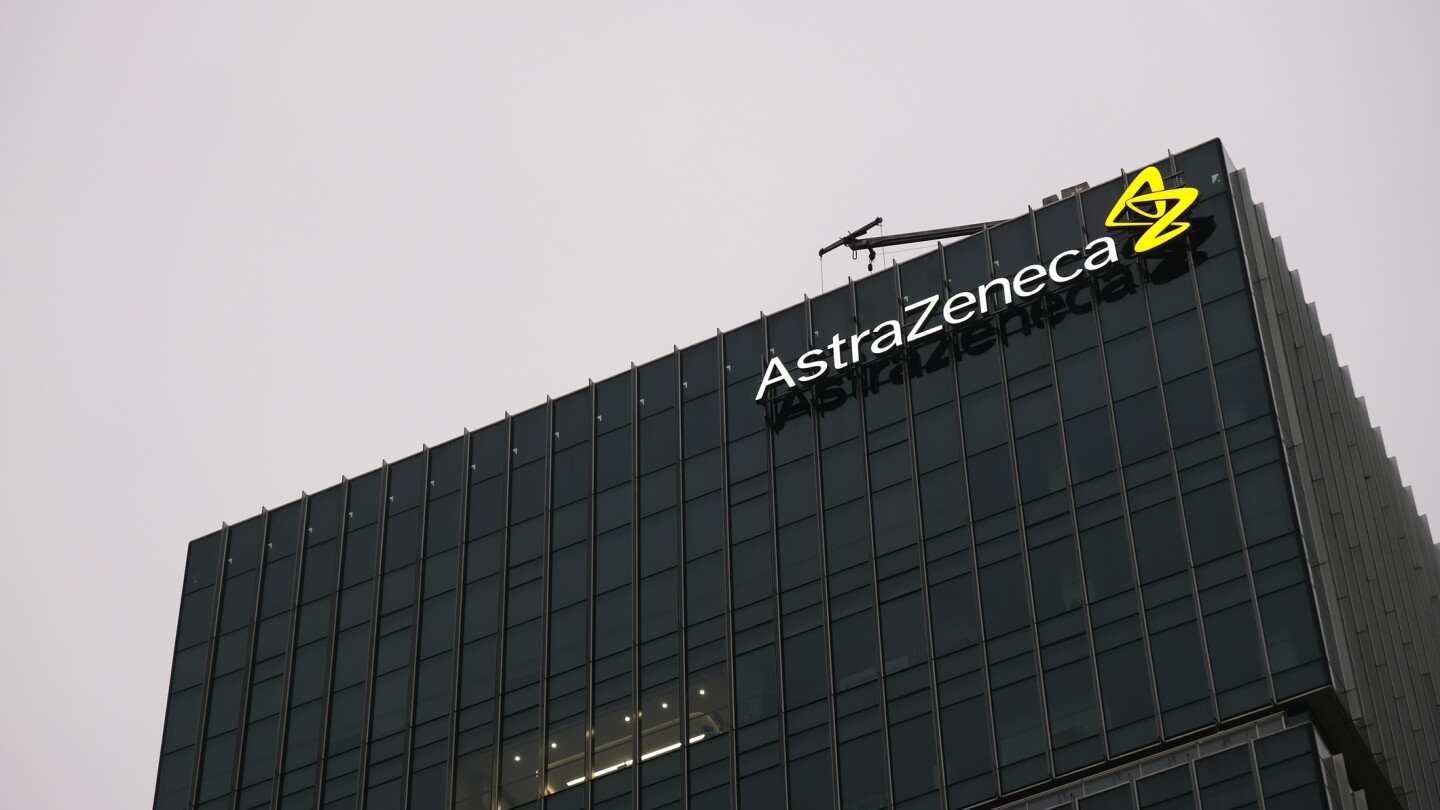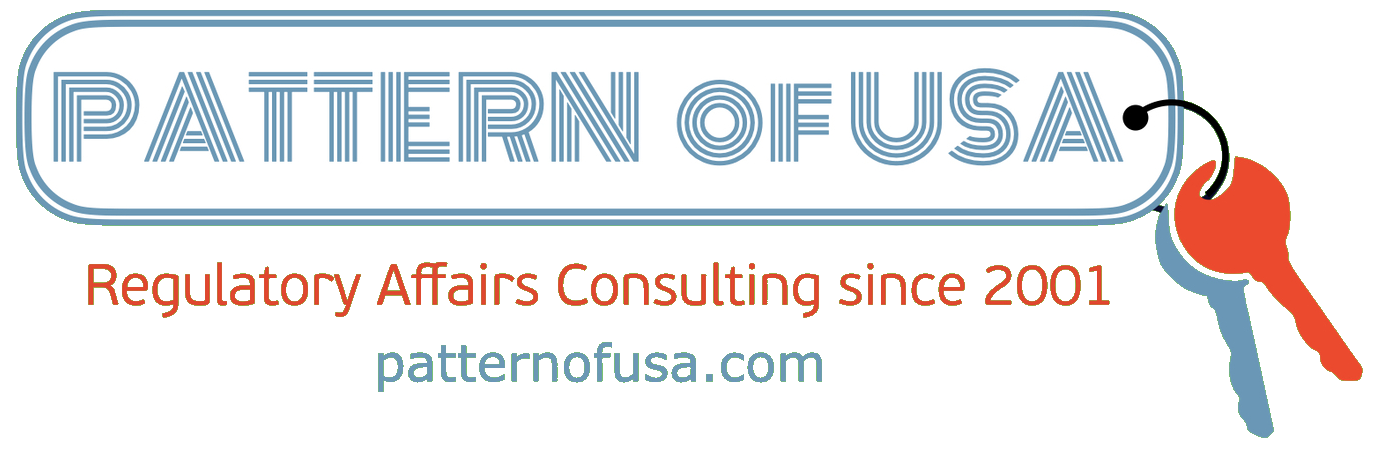AstraZeneca Sidesteps China Inquiries as It Elevates 2024 Projections Following Robust Q3 Revenue

AstraZeneca, the renowned drug company based in Cambridge, reported a robust performance for the third quarter on Tuesday, resulting in an updated and optimistic outlook for 2024. The pharmaceutical giant has committed an additional billion for investments in research and development and manufacturing within the U.S. Yet, despite this encouraging news, AstraZeneca’s stock has not benefited significantly due to a government investigation focused on alleged misconduct by two executives operating in China.
During the quarter, AstraZeneca reported total revenues of .6 billion, surpassing analyst expectations by 4%. This achievement was driven by strong demand for their cancer and rare disease medications, with all key therapy areas experiencing double-digit revenue growth. Notably, oncology saw a remarkable increase of 22%. The company’s flagship product, Farxiga, which is indicated for chronic kidney disease, heart failure, and type 2 diabetes, generated nearly .8 billion in sales, reflecting a 34% increase compared to Q3 of the previous year. Another product, Enhertu, exhibited even more impressive performance with sales climbing 60% to reach .4 billion.
AstraZeneca has now adjusted its full-year growth forecast to a high-teens percentage, raising it from a previous mid-teens expectation.
In collaboration with its partner Daiichi Sankyo, the company announced a strategic pivot regarding their investigational drug, datopotamab deruxtecan (Dato-DXd). Following discussions with the FDA, they opted to withdraw the application for non-squamous non-small cell lung cancer and instead will seek approval for its use in EGFR-mutated non-small cell lung cancer, targeting a more specific population.
During the earnings call, AstraZeneca’s bioscience lead, Suzanne Cohen, noted the FDA’s growing focus on identifying trial subgroups that show the most patient benefit. She mentioned the company is adapting its strategies based on newly emerging data, expressing optimism about recent developments.
Moreover, AstraZeneca declared it would inject an additional billion, supplementing a prior commitment of .5 billion, to enhance its R&D and manufacturing capabilities across the U.S. by the end of 2026. The plan includes creating a cutting-edge R&D center in Cambridge, Massachusetts, a next-generation biologics manufacturing facility in Maryland, and investments in cell production facilities along both coasts, with specialty manufacturing in Texas.
CEO Pascal Soriot emphasized during the call that the U.S. represents a crucial market for innovation, reinforcing their intent to establish a significant presence in both manufacturing and R&D within the country.
North America accounts for 43% of AstraZeneca’s entire revenue, affirming its importance as the firm’s largest market.
Legal Troubles Affecting an Otherwise Positive Q3
Despite a slight rebound in stock following strong sales, AstraZeneca remains down over 25% since late August, particularly plummeting last week amid legal troubles involving its leadership in China. Following reports concerning the detention of Leon Wang, head of China operations, for alleged medical insurance fraud, the company confirmed his custody.
During the earnings call, Soriot discussed the firm’s limited insight into the investigation details but assured that they would cooperate fully with any inquiries from authorities. He highlighted that the company’s operations continue as normal and refrained from speculating on potential impacts. He also avoided answering questions regarding the number of representatives identified and the status of those with previous charges while seeking reassurance about the company’s proactive measures to address such issues moving forward.
Throughout the discussion, Soriot maintained an optimistic view of the company’s trajectory, stating, “We remain confident in our ability to generate billion in total revenue by 2030,” believing the headwinds expected next year would be significantly offset by global demand for their extensive portfolio of medicines.
